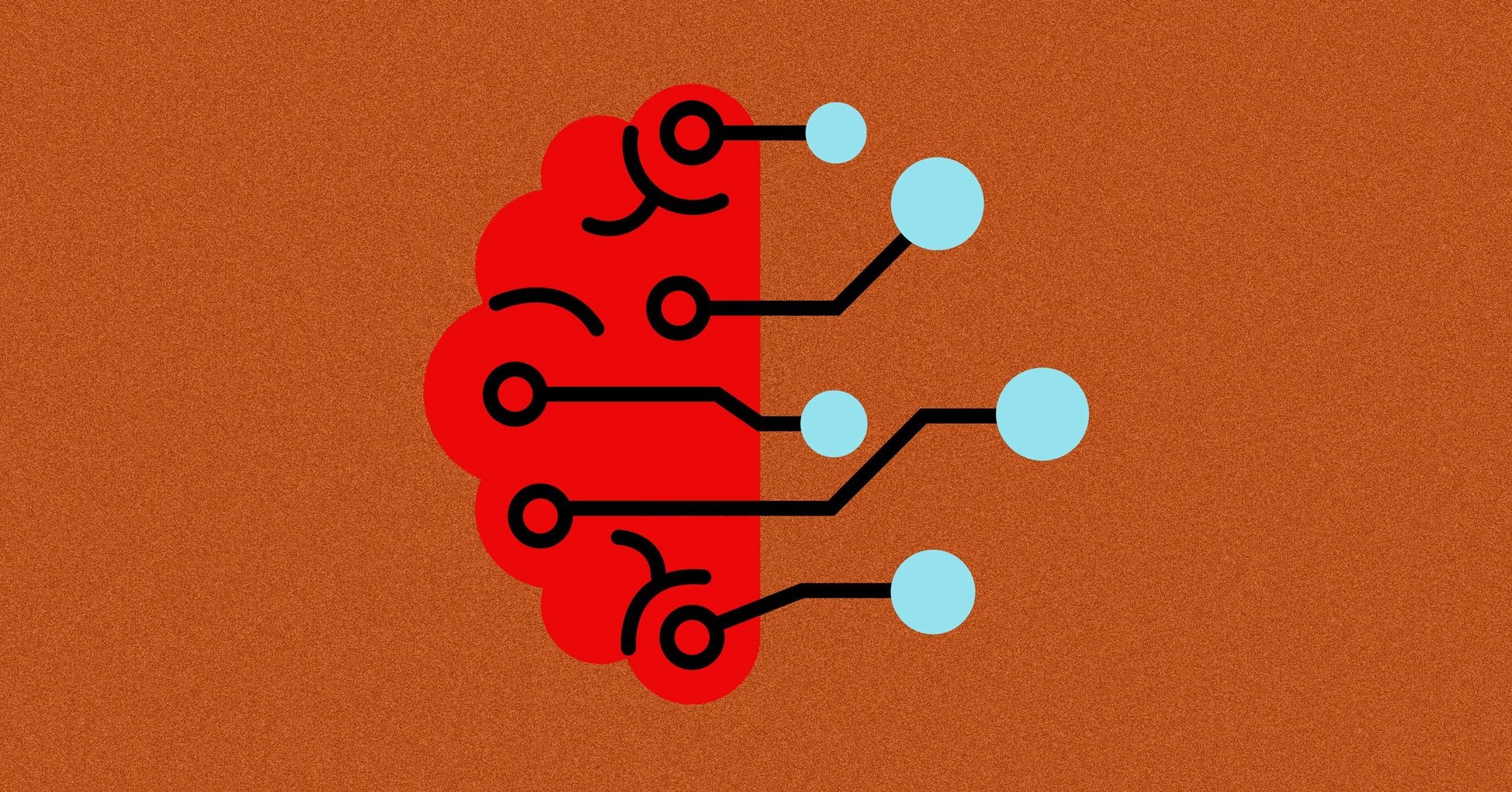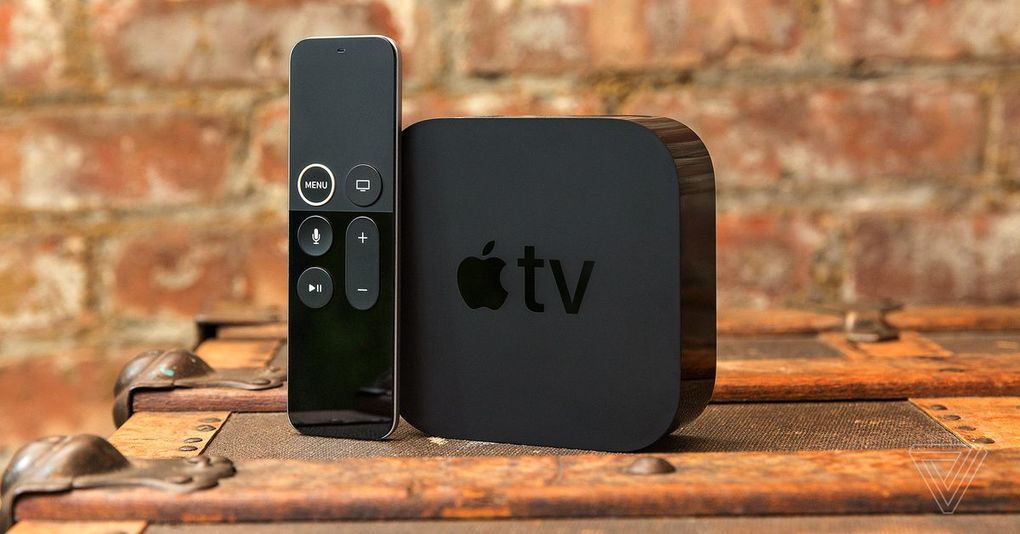Intel’s New Chip Design Takes Pointers From Your Brain
Intel’s new design, named after a submarine volcano in Hawaii, still isn’t much like a real brain. But it’s very different from a conventional processor. The company says this approach could one day make cars, cameras, and robots smarter without having to rely on an internet connection to the cloud. Cutting the cord removes the need to wait for data to traverse the internet and has privacy benefits. Intel says tests indicate its brain-inspired, or neuromorphic, design can do things like interpret video using as little as one-thousandth of the energy of a conventional chip. That, and Loihi’s ability to learn as it encounters new data, are seen as pointing to a future where machines can better hold their own in the always-changing real world. “We’re trying to get better at understanding things that are happening in a natural environment,” says Michael Mayberry, managing director of Intel’s research arm.









